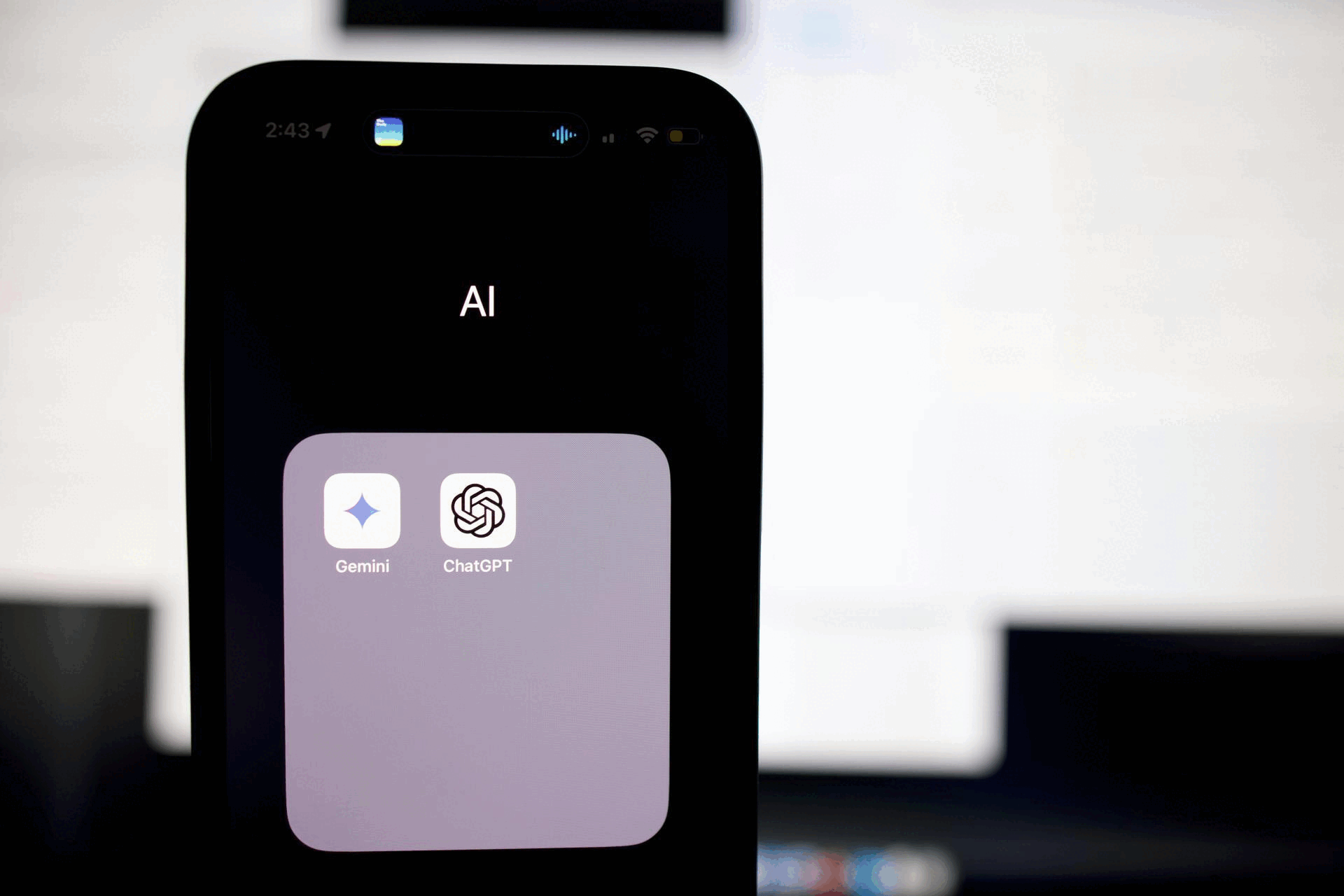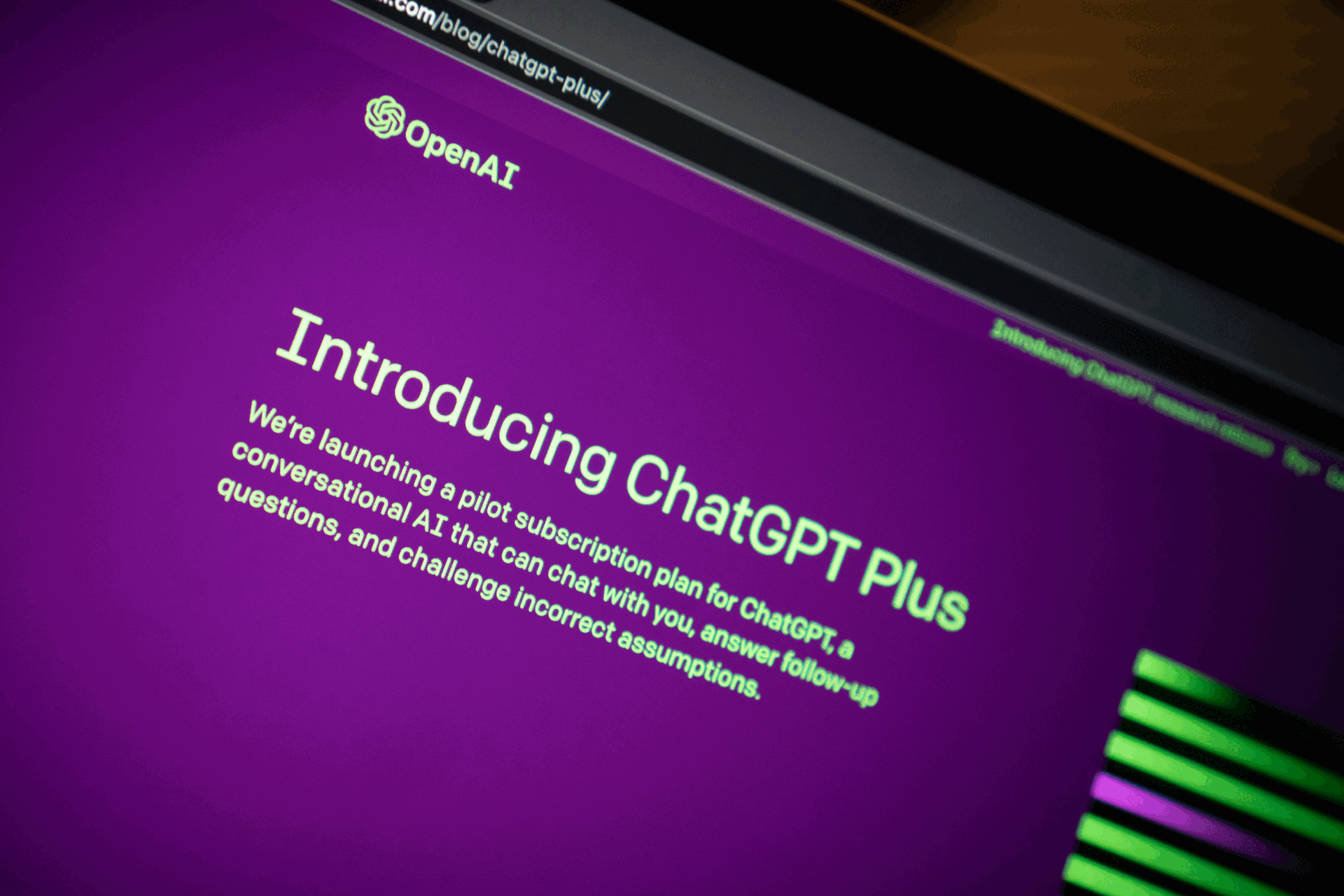Twitter plays down Russian Brexit influence on its platform
- Friday, January 26th, 2018
- Share this article:
 Twitter has talked down suggestions that Russian entities used its platform to influence the UK’s 2016 Brexit vote, saying that a mere one per cent of accounts in a large bot network were registered in Russia.
Twitter has talked down suggestions that Russian entities used its platform to influence the UK’s 2016 Brexit vote, saying that a mere one per cent of accounts in a large bot network were registered in Russia.
In a letter to MP Damian Collins, the chair of the digital, culture, media, and sport select committee, Twitter’s UK head of public policy Nick Pickles said that just around 135 accounts of the 13,500-strong botnet were found to be from Russia.
The botnet was originally uncovered by researchers at City, University of London, who found that the army of fake accounts had posted nearly 65,000 ‘leave’-leaning messages during the four-week period leading up to the UK’s EU referendum. Twitter conducted an analysis of this data to come to the conclusion that only one per cent of the accounts originated in Russia.
Twitter says it had already suspended 6,508 of the accounts before the report was published by the City researchers, with 99 per cent being suspended for violation of spam policies. Around 44.2 per cent of the remaining accounts were permanently deactivated.
Despite this, Collins was less-than-impressed with Twitter’s response, stating that it failed to address some key questions.
Collins has demanded Twitter “confirm how many other accounts were being controlled from agencies in Russia, even if they were not registered there,” and that it states the number of accounts which “share characteristics of the accounts that have already been identified as being linked to Russia”. On top of this, Collins wants to know whether the 13,493 accounts were actually bots or controlled by actual users, what their activity was during the referendum, and who deleted the tweets.

















